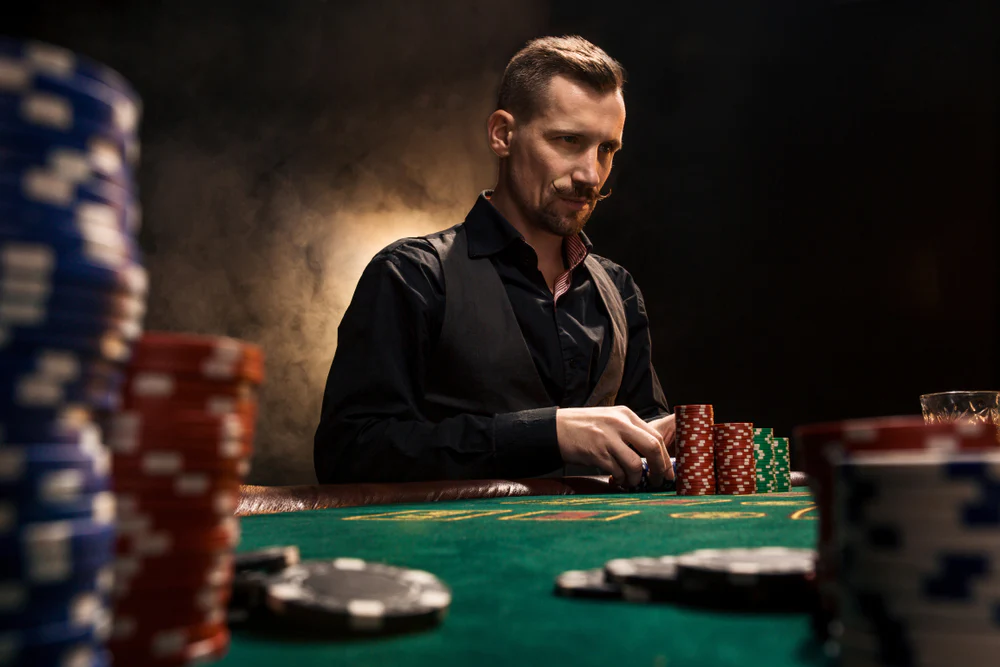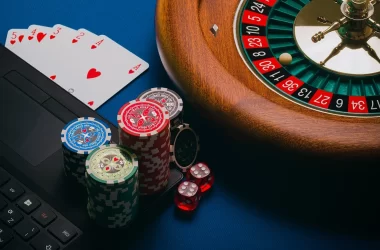Bluffing in poker requires both skill and talent. Players need to pay close attention to subtle tells such as betting patterns or physical reactions that give away their intentions; additionally, they must know when is an ideal time to bluff.
At the core of it all is table dynamics: considering your opponents’ expected hand range and pot size as well as personal chip stack.
Game of chance
Bluffing is an integral component of poker that can make or break one’s game. Every serious player should incorporate this tool into their strategy; however, its execution properly requires skill. For the best players, bluffing should only occur when they have an accurate read on their opponent and when there is enough money in the pot justification it. When choosing when and where to bluff is also crucial; knowing when determining preflop tendencies of opponents as well as current hand strength. Also important when Semi-Bluffing (betting with weak hands that may improve) may come into play as an element in many strategies.
Bluffing skills are also integral for developing a solid reputation and shaping the course of a game, but learning them takes practice and can be taught via lessons or practice alone. Patience will allow you to master this form of art. By remaining calm under pressure and anticipating moves of your opponents’ psychological make-up, mastery of bluffing will come more naturally over time.
Game of skill
Bluffing is an essential skill for any poker player. No matter whether you prefer tournaments, Sit ‘n Gos, or cash games; being able to bluff effectively can skyrocket profits. But it is essential to remember that bluffing is more than a mere strategy game; it requires knowledge of your opponents as well. You need to understand if they are aggressive, conservative, or even manic before choosing bet sizes when bluffing effectively.
Bluffing’s value lies in its ability to open up opportunities for winning and alter the flow of a game, creating opportunities for winning while shaping its course. To make this work, you need to read tells, calculate pot odds and select your bluffing hands wisely; in addition, understanding psychological effects of bluffing and how it exploits opponents takes patience; but with practice comes success as you become an adept bluffer.
Game of psychology
Bluffing is a complex psychological game that combines skill and intuition. The key is reading your opponent to identify their tendencies and exploit them when necessary – this could make the difference between winning and losing! For instance, after several losses an opponent might become more conservative, providing you with an ideal target for bluffing!
Another crucial element is a player’s table image and history. Some players cultivate an image as tight and conservative players, which can improve the effectiveness of their bluffs. Furthermore, their history at the table can impact its success by altering dynamics or tension at the table.
Bluffing can also be used to manipulate a sales process. For instance, you could use it to lead your prospects into believing they have a strong hand when in fact they don’t, leading them to close deals more easily and increasing overall sales performance.
Game of bluffing
Successful bluffs can have a powerful psychological impact on opponents, causing them to be more careful and avoid calling bets, giving the bluffer more control of the game. But, as bluffing can backfire and create frustration or even anger among certain players, it is crucial that it’s implemented at just the right moment.
Bluffing requires both confidence and the ability to read other players’ emotions. Furthermore, it’s crucial that you gain an understanding of your opponents’ betting patterns, playing histories and nonverbal tells in order to bluff effectively.
To successfully bluff, it’s essential that you establish a “tight image.” You should play cautiously during early rounds and place bets that are large enough to impress but not so large that opponents become suspicious of you. Finally, your poker face should show no sign of anxiety or doubt. With practice comes improved performance; and losing hands should only serve as learning opportunities!







